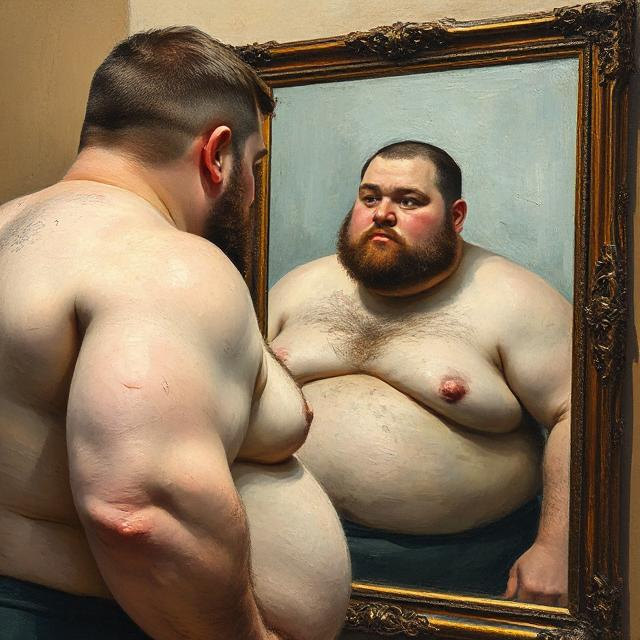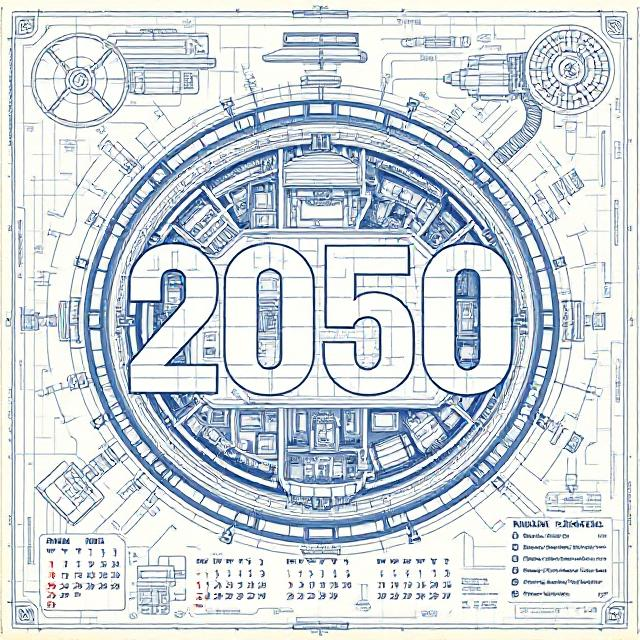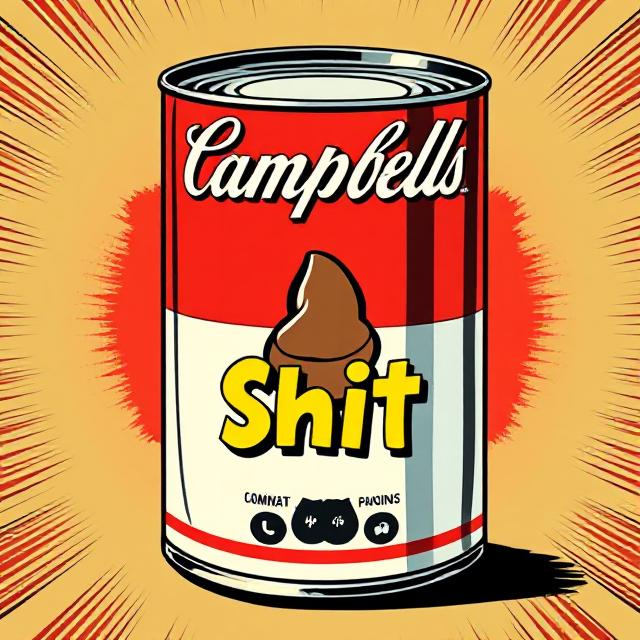It doesn’t always look dramatic. Sometimes it’s just another handful. One more slice. The leftovers you weren’t planning to eat, but now they’re gone. It might happen standing at the fridge with the door open, or alone in the car, or even after a meal that already left you full. It doesn’t always feel like hunger. Sometimes, it feels like need. Like something just… pulling.
And afterward, there’s often that heavy pause. Physically, emotionally. The question: Why did I do that again?
If this sounds familiar, you’re not alone. So many of us carry this quiet struggle — with food, with fullness, with our own boundaries. We know what enough feels like, but crossing that line has become a habit. Sometimes it’s comfort. Sometimes it’s stress. Sometimes it’s autopilot.
Discipline gets a bad rap. It’s often confused with willpower — something rigid, joyless, full of rules. But real discipline, the kind that lasts, isn’t about denying yourself pleasure. It’s about giving yourself choice. It’s the quiet strength to pause long enough to ask: Do I actually want this right now? Or am I feeding something else?
At the heart of it is awareness. Noticing what’s happening in the moment — not just in your stomach, but in your mind. Are you eating because you’re hungry, or because you’re stressed, bored, tired, anxious, or sad? Are you reaching for food, or for relief?
Discipline starts with small moments. Not giant overhauls, not extreme diets. It’s leaving a few bites on your plate when you realize you’re full. It’s walking away from the kitchen after dinner. It’s sitting with discomfort instead of numbing it. It’s choosing to pause — not out of restriction, but respect.
And it’s not linear. Some days you’ll eat more than you meant to. That’s okay. The goal isn’t perfection — it’s progress. Over time, you begin to trust yourself. You learn that you don’t have to finish everything. That you can be satisfied, not stuffed. That your worth isn’t tied to what you ate today, and that every meal is a new chance to practice.
This isn’t easy. Food is everywhere, and it’s emotional, social, celebratory, and soothing. But food is also fuel. And learning to honor that, to eat with care and stop with awareness, is one of the most powerful things you can do for your body and mind.
So be patient with yourself. Be curious. Be kind. Build discipline not as a punishment, but as a promise — a promise to care for yourself, not just in moments of hunger, but in the long, tender space after it.
But realize that you are the person who is putting the fork full of food in your mouth. Not your parents, the environment, Big Food, your friends, the vending machines or the fast food joints. It is you. And only you can stop it.




